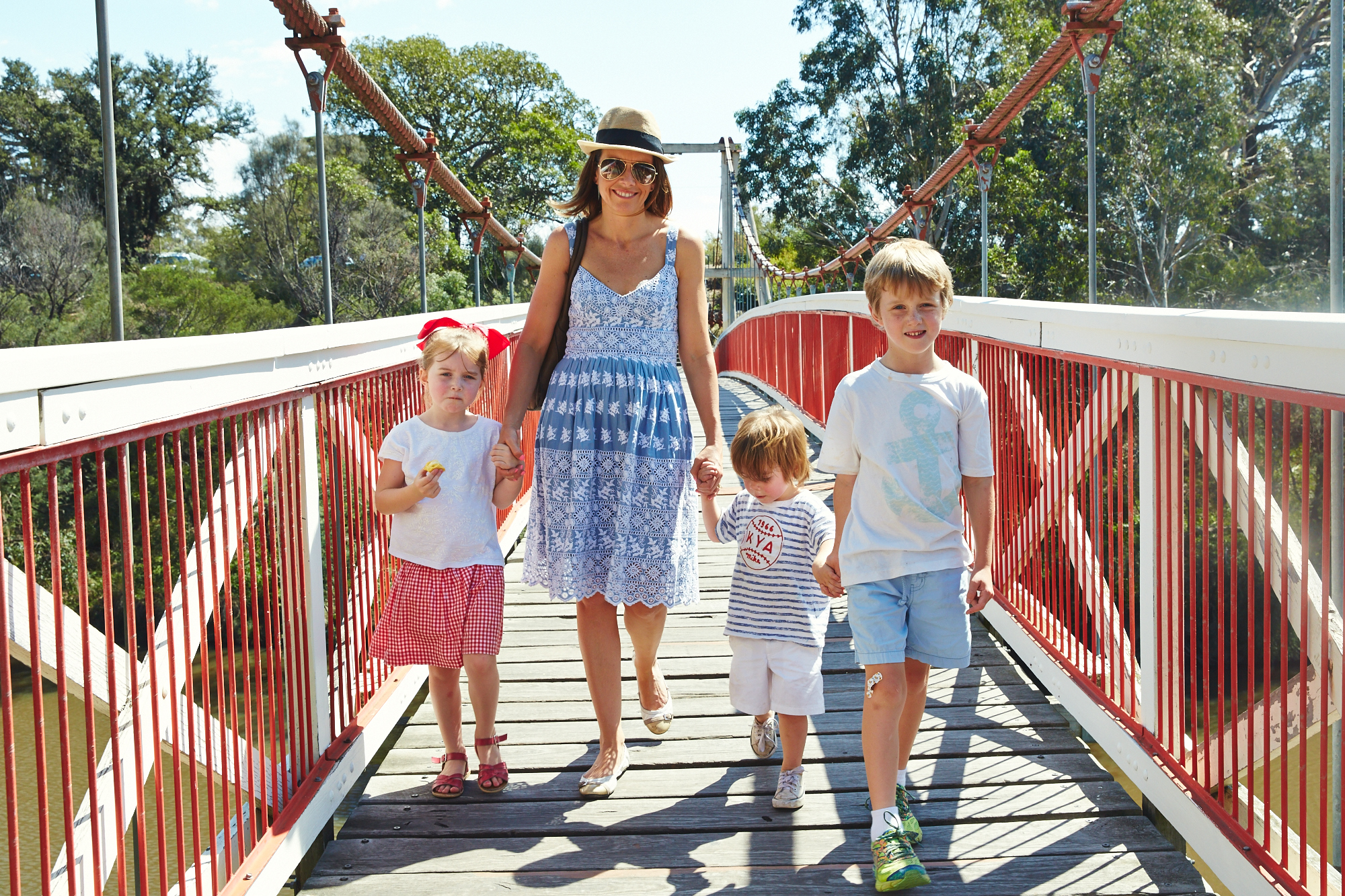Yesterday from the back seat of the car, our 4 year old daughter asked me how many people died in Paris. Then joined by our 6 year old son, they asked me whether any children had died, whether any big sisters died, and whether any women and men or mums and dads had died.
I admit that even though our primary school had prepared us for conversations about the terrorism attacks, we thought our children were still too little. As a parent, our philosophy has always been to provide honest answers to our children’s questions, but to protect their innocence, and so in responding to them, I told them that as a society we prioritise the love and care for children, and we proceeded to list all the people that love them.
The thing is, I’m not sure how truthful my response was around prioritising the love and care for children in the context of conflict. According to the UN, in contemporary conflicts, as much as 90 percent of casualties are civilians, most of whom are women and children. Women in war-torn societies are often targeted for military and political objectives, and subjected to sexual violence. Sadly, even after conflict has ended, women and children continue to suffer: coupled with discrimination and inequitable laws, sexual violence can prevent women from accessing education, becoming financially independent and from participating in governance and peace building.
Yet we do not need to look to the other side of the world to find conflict and war. 77 women have died from violence in Australia. Innocent women and children remain locked in detention centres the consequence of punitive border protection measures controlled by Australian politicians.
What ought our response be to the violence and conflict in our world? Surely further bombing and violence cannot bring about peace.
In 2000, the United Nations Security Council created Resolution 1325 to address the inordinate impact of war on women, but also the pivotal role women should and do play in conflict management, conflict resolution and sustainable peace.
It noted that the experiences of men and women in war are different. In these differences, women offer a vital perspective in the analysis of conflict, as well as providing strategies toward peace building that focus on creating ties across opposing factions and increasing the inclusiveness transparency and sustainability of peace processes.
That is, the empowerment of women is vital to the rebuilding of communities. When women are educated and able to work, studies also show that a woman is apt to invest her income in her family. In fact eighty cents of every dollar she earns goes toward nutrition, health care and housing for children.
Yesterday women’s entrepreneur day was celebrated in 140 countries. Entrepreneurs in 140 countries you might ask? Yes, and the number continues to grow, and in many developing and post war-torn countries, their making is through the investment in women through micro finance. Micro finance has proven to be a game changer in the building of many communities, and often creates a ripple effect: the moment a woman who has been invested in starts to earn money, she not only invests it back into the future of her children, but she empowers 10 other women to do the same. Women entrepreneurs are changing lives and promoting peace.
What About Women in Australia?
Of course here in Australia, every time I look at the lists of female entrepreneurs being celebrated, I am struck and inspired by how many of those businesses have evolved out of a desire to create a better, more sustainable, more just world.
I am inspired by the likes of Jessica May, Telstra Australian Start Up award winner, who’s business Enable Employment places those with a disability into mainstream workplaces, and Monica Meldrum, winner of St George’s Mumpreneur, who’s business Whole Kids places children’s nutrition at the core of its mission, and through its Foundation contributes 1% of profit to helping kids eat better and enjoy it.
And I’m inspired by the peacemakers and humanitarians, like Clare Johnstone who is featured below in our I Don’t Know How She Does It video, who work on the frontline championing the protection of rights of the most vulnerable in our community, and who seek peaceful resolutions and justice for those subjected to conflict and war.
When it comes to addressing the security of our democratic rights, we need to ensure women and men are represented equally at the senior levels of our political systems, as negotiators in peace and conflict, in Defence, ensuring the voices of peace and gentleness are promoted just as loudly as those promoting violence.
Workplaces too can contribute to the building of our safe and peaceful communities by engaging with female entrepreneurs, by ensuring equality exists at all levels of business, and actively combatting discrimination and violence in words and actions.
Then, and only then, can love and peace conquer, and our responses to our children’s questions about security be assuredly honest.




